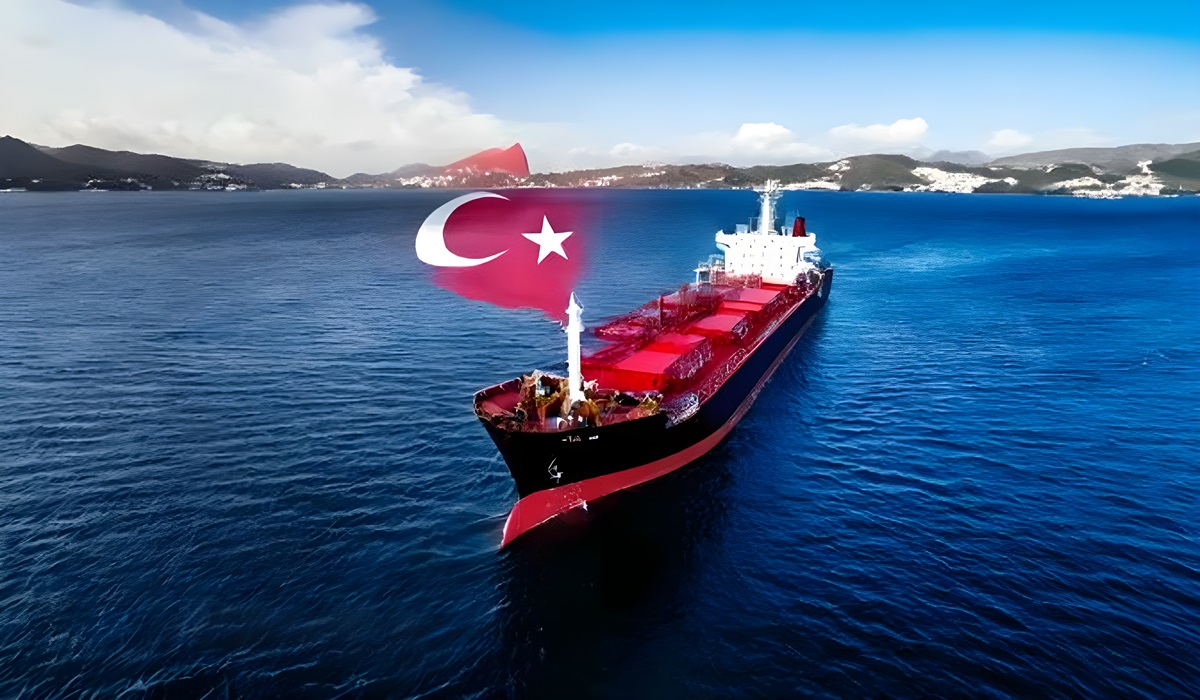The BTC Pipeline: Türkiye’s Strategic Dilemma in Supporting Israel’s Energy Needs
- Kingston Bailey
- D.O.C Supplements - Trending News
- Middle East
- November 28, 2024

Türkiye’s relationship with Israel has been increasingly strained in recent months, particularly after Ankara severed diplomatic and economic ties with the Israeli government in May. This decision followed Israel’s actions in Gaza, which Türkiye denounced as genocide. The move was met with significant pressure from the Turkish public, many of whom demanded stronger actions in support of Palestinians. For President Recep Tayyip Erdoğan and his ruling Justice and Development Party (AKP), the timing was precarious, as the party had recently suffered losses in local elections, further heightening the stakes of this diplomatic fallout.
However, one key issue remains deeply entwined between the two countries: oil transportation through the Baku–Tbilisi–Ceyhan (BTC) pipeline. This pipeline stretches from Azerbaijan through Georgia and into Türkiye and delivers about 40% of Israel’s oil supply. While the Türkish government’s diplomatic stance has become more confrontational, halting this vital oil flow is not a simple decision. The country is contractually bound to maintain oil flow as part of an agreement with an international consortium of companies, including BP, SOCAR, and other global energy giants. Violating these contracts could expose the country to substantial legal and financial penalties, which would considerably strain its economy.
Yet, the decision to cut off oil from Türkiye to Israel would have catastrophic consequences for the Israeli economy, which is already grappling with the ongoing regional instability. Oil shipments through the BTC pipeline represent a lifeline for Israel, and any interruption would place Israel’s energy security at risk. Moreover, President Erdoğan’s potential to use this oil flow as a bargaining chip in the broader geopolitical context could become a decisive factor in pushing for an end to the ongoing conflict in Gaza.
The situation, however, is far from clear-cut. Türkiye’s position could be legally justified by citing international law, such as the International Criminal Court’s ongoing investigation into alleged war crimes by Israel’s leadership. The country might argue that it has a moral obligation to cease oil transit as part of its condemnation of Israel’s actions. But even with such justifications, Türkiye faces significant risks—both from a legal standpoint and in terms of its relations with Azerbaijan, Georgia, and other stakeholders in the pipeline.
In theory, if the oil flow were stopped, Israel would need to look for alternative routes to secure its energy needs. However, this would be no easy feat. The Red Sea, a vital route for tanker traffic, has become increasingly perilous due to Houthi control over parts of Yemen, as well as missile attacks and blockades on shipping lanes. In addition, Israel already relies on the Suez Canal for some of its oil supplies, but this route could be further complicated by rising tensions and instability in the region.
One hypothetical alternative for Israel might be to increase its reliance on oil shipments from neighboring Jordan or Egypt. Jordan, although not a major oil exporter, could act as a conduit for oil supplies that bypass the traditional routes through the Red Sea. Egypt, on the other hand, already plays a key role in regional energy flows and might be positioned to step up as an intermediary for Israeli oil shipments, particularly if the situation in the Red Sea becomes untenable. However, these routes come with their own set of challenges, including additional logistical costs, longer sailing times, and potential geopolitical risks as Egypt and Jordan would likely be pressured to align with various regional powers.
For Israel, the scenario of Türkiye halting its oil transit would mark a major turning point. The economic impact of such an interruption would be significant, forcing Israel to consider a range of alternatives. Yet, beyond the economic implications, the situation could provide Türkiye with a powerful bargaining chip in its efforts to pressure Israel into ending the conflict in Gaza. The control of energy routes in a region as volatile as the Middle East cannot be underestimated. Türkiye’s position as a key transit state gives it leverage that could change the dynamics of the broader geopolitical standoff.
The stakes are undeniably high for both countries, and while Türkiye’s government has the option to push for greater political change by halting oil shipments, the economic and geopolitical consequences would be far-reaching. The conflict, already marked by deep political divisions, could enter a new phase of complexity, with energy security becoming a critical factor in shaping the future of the region.








